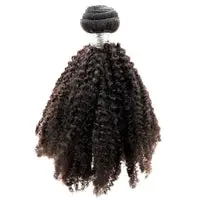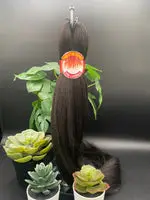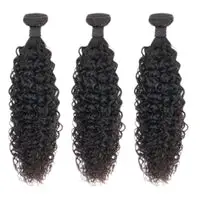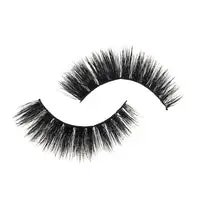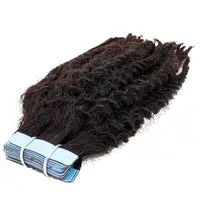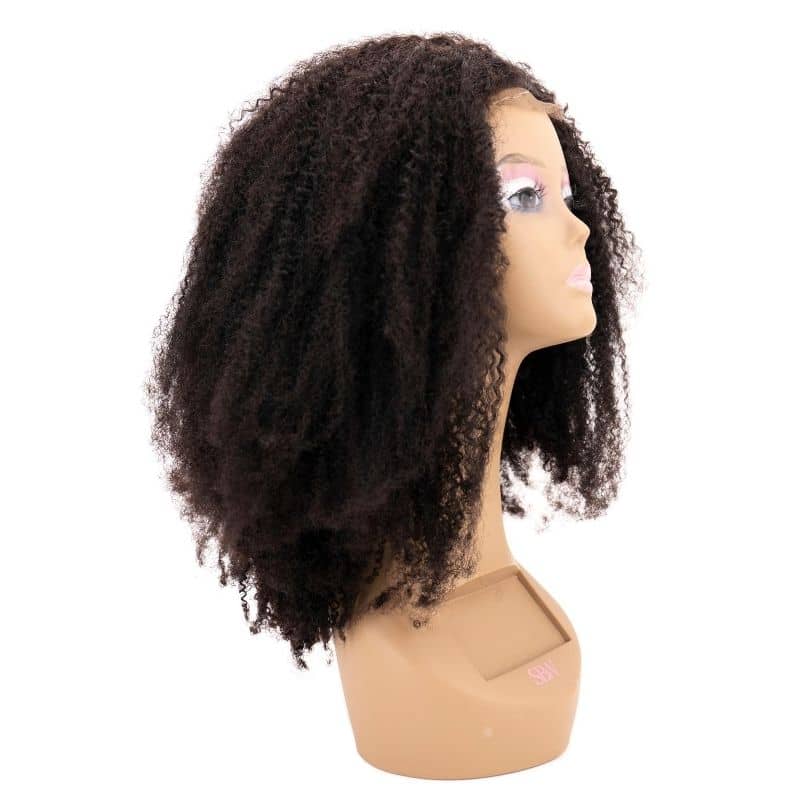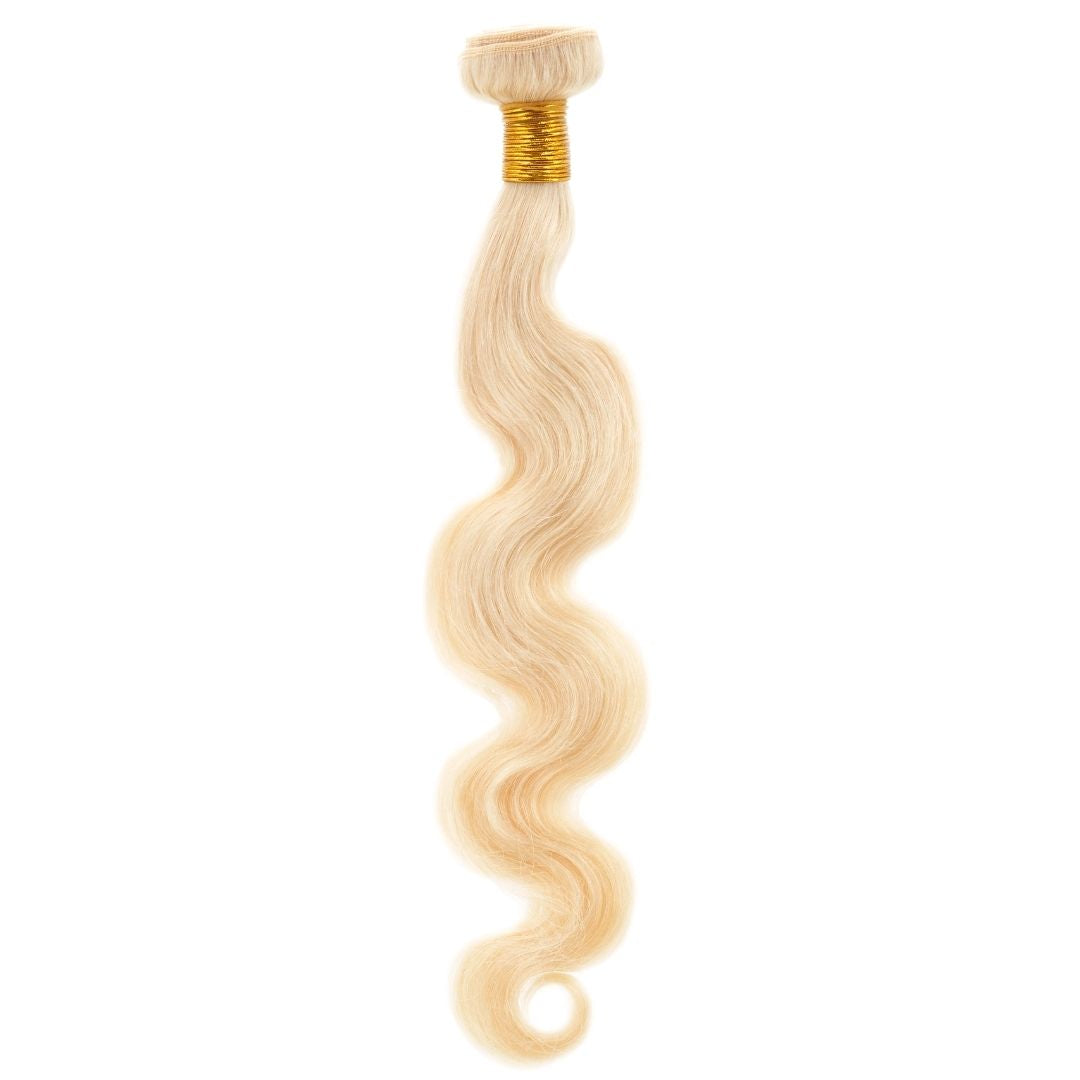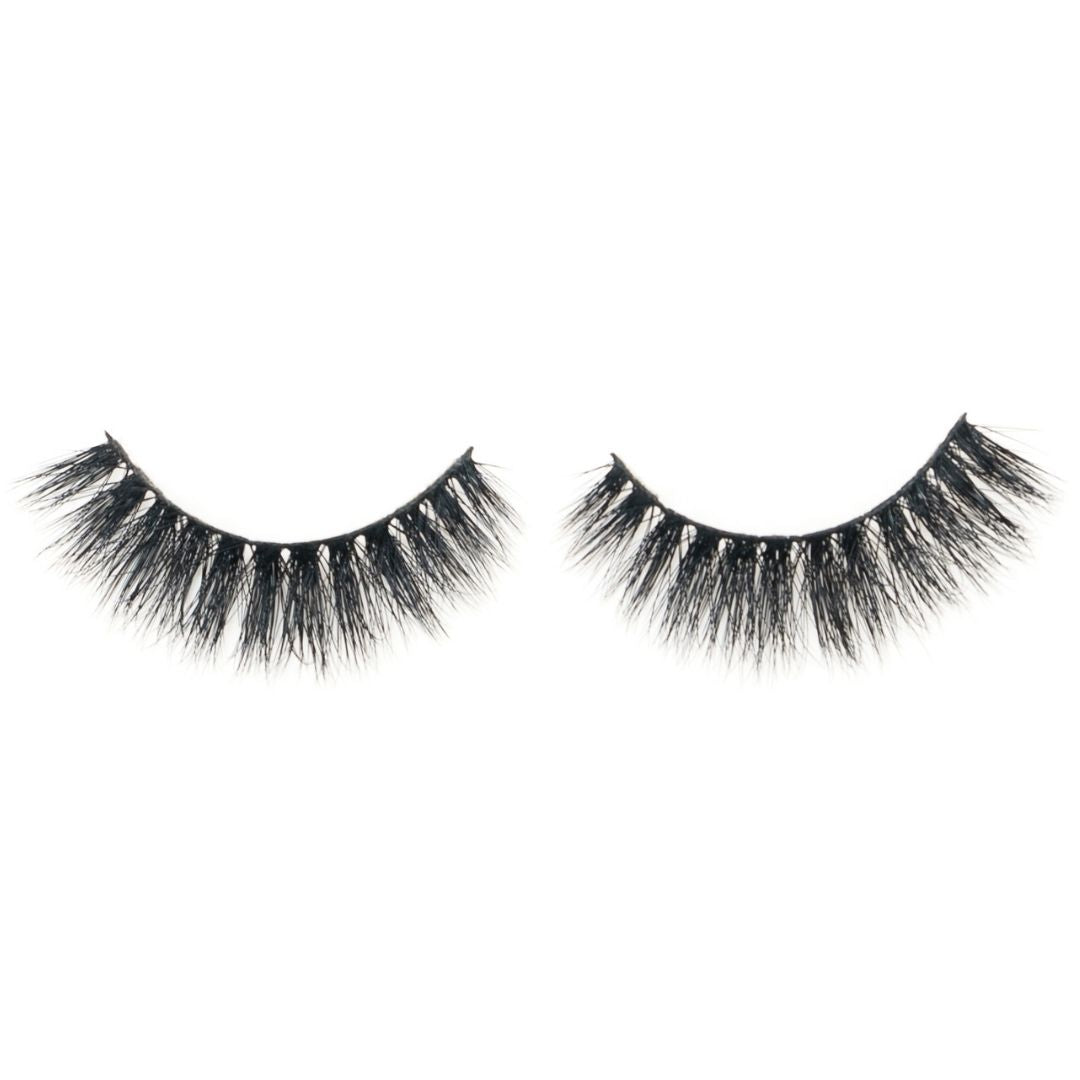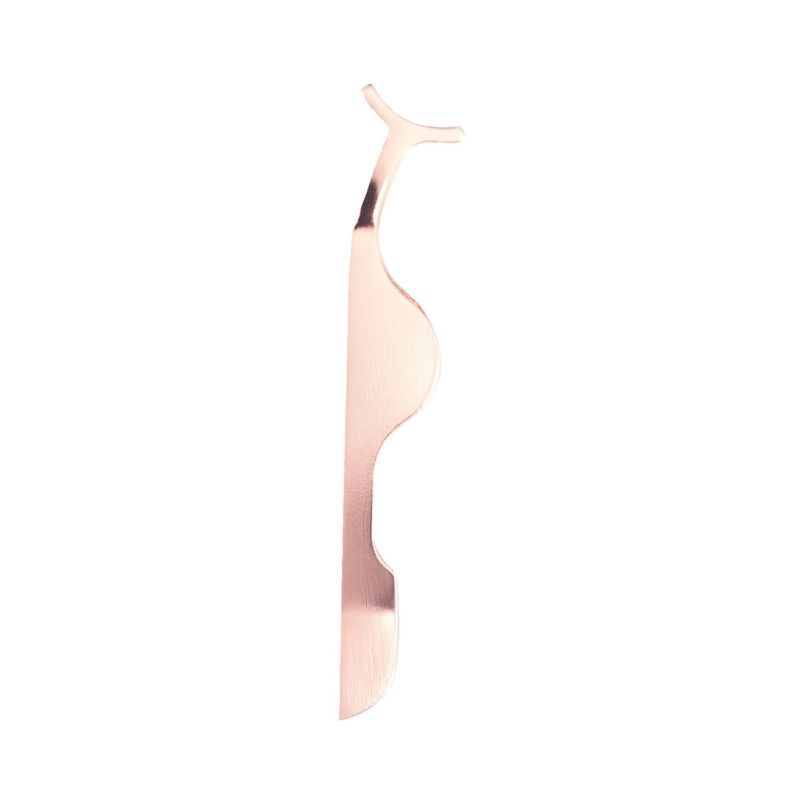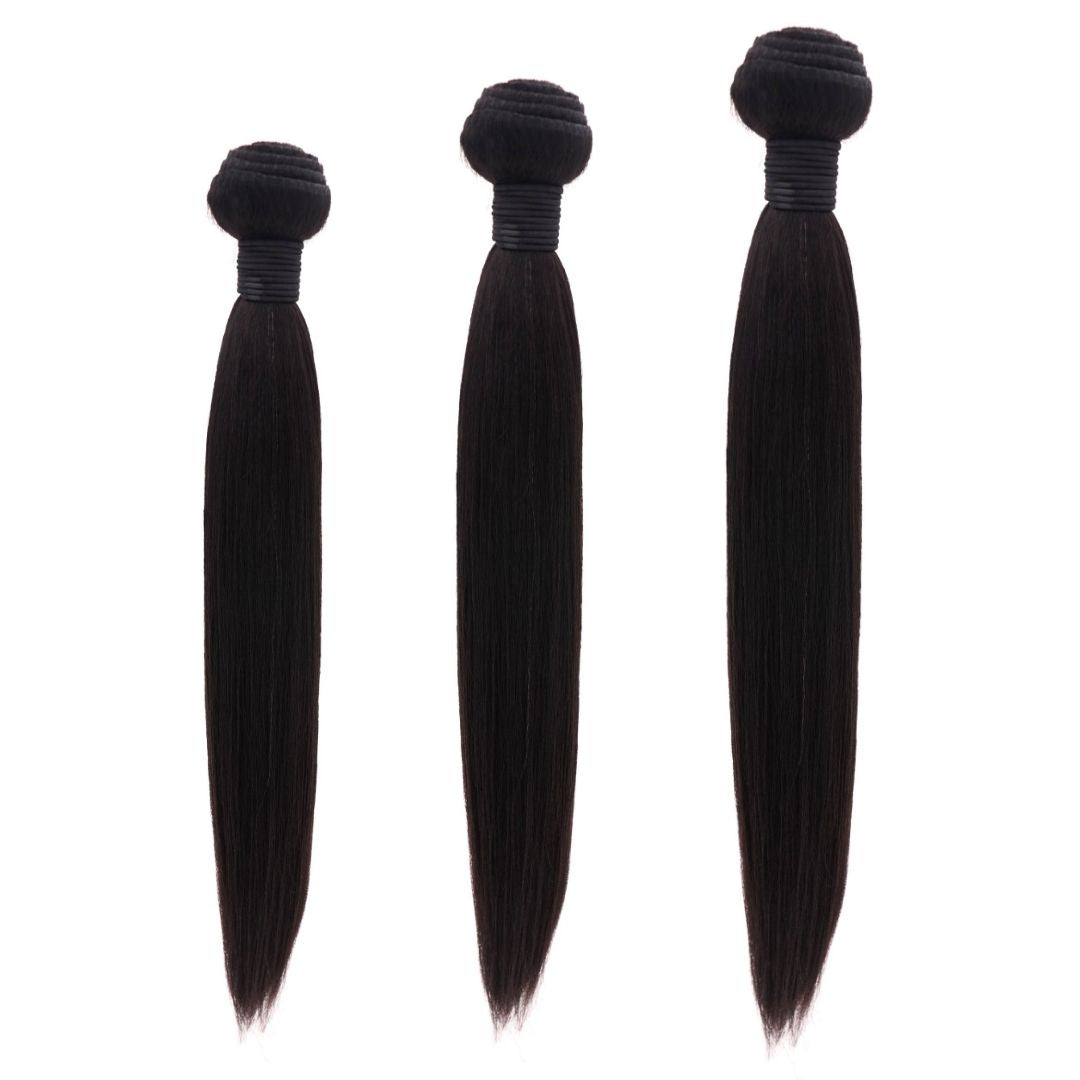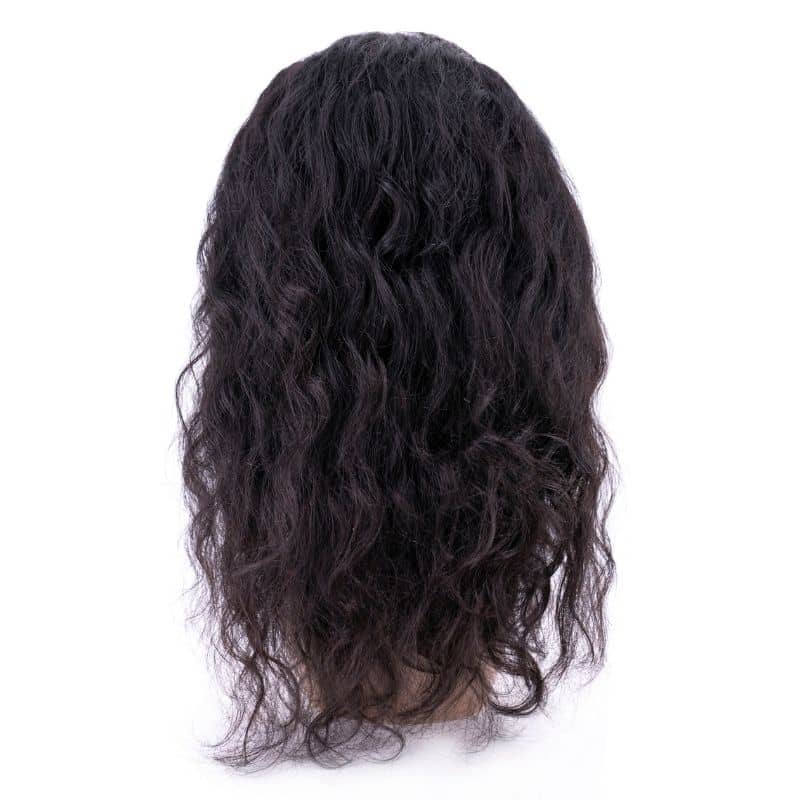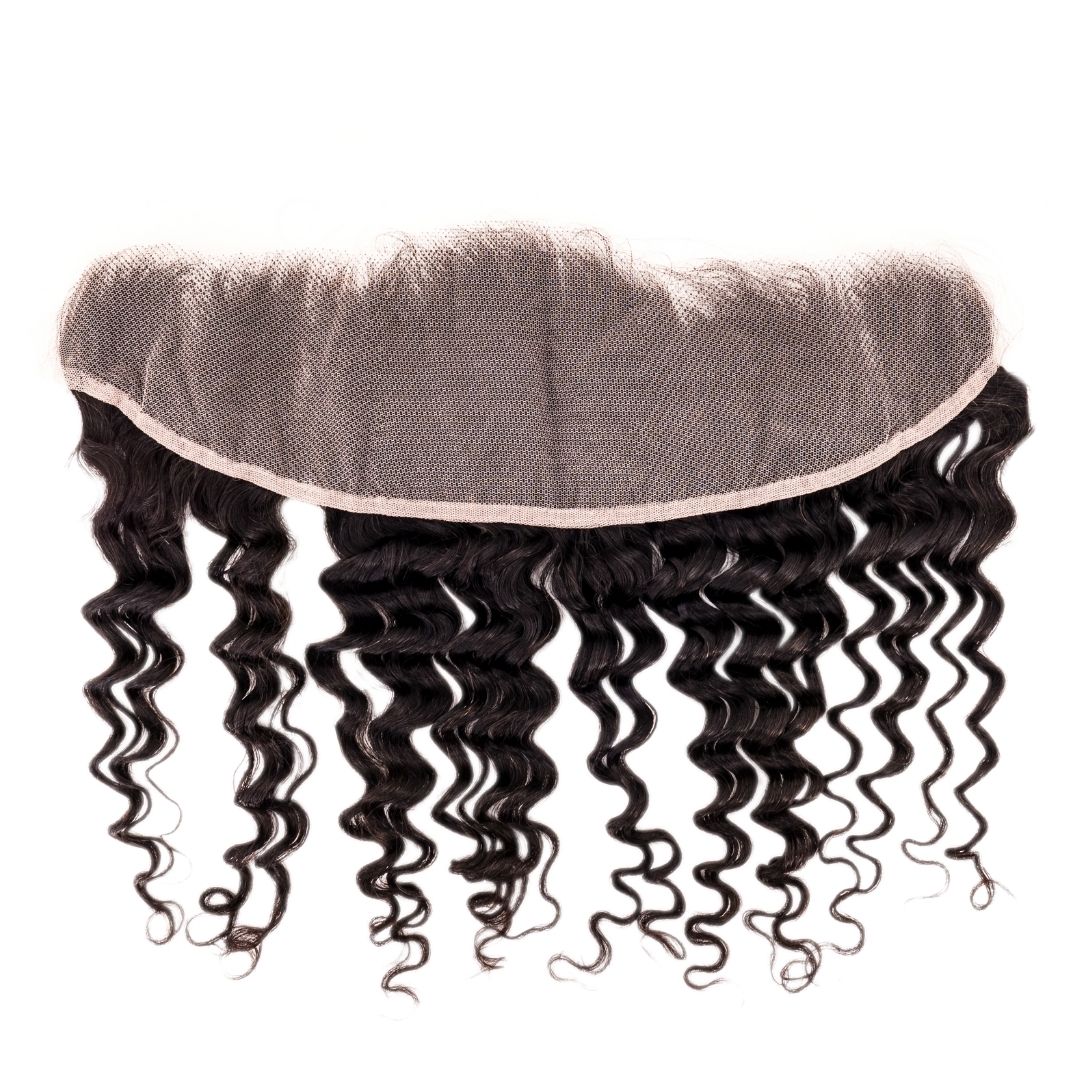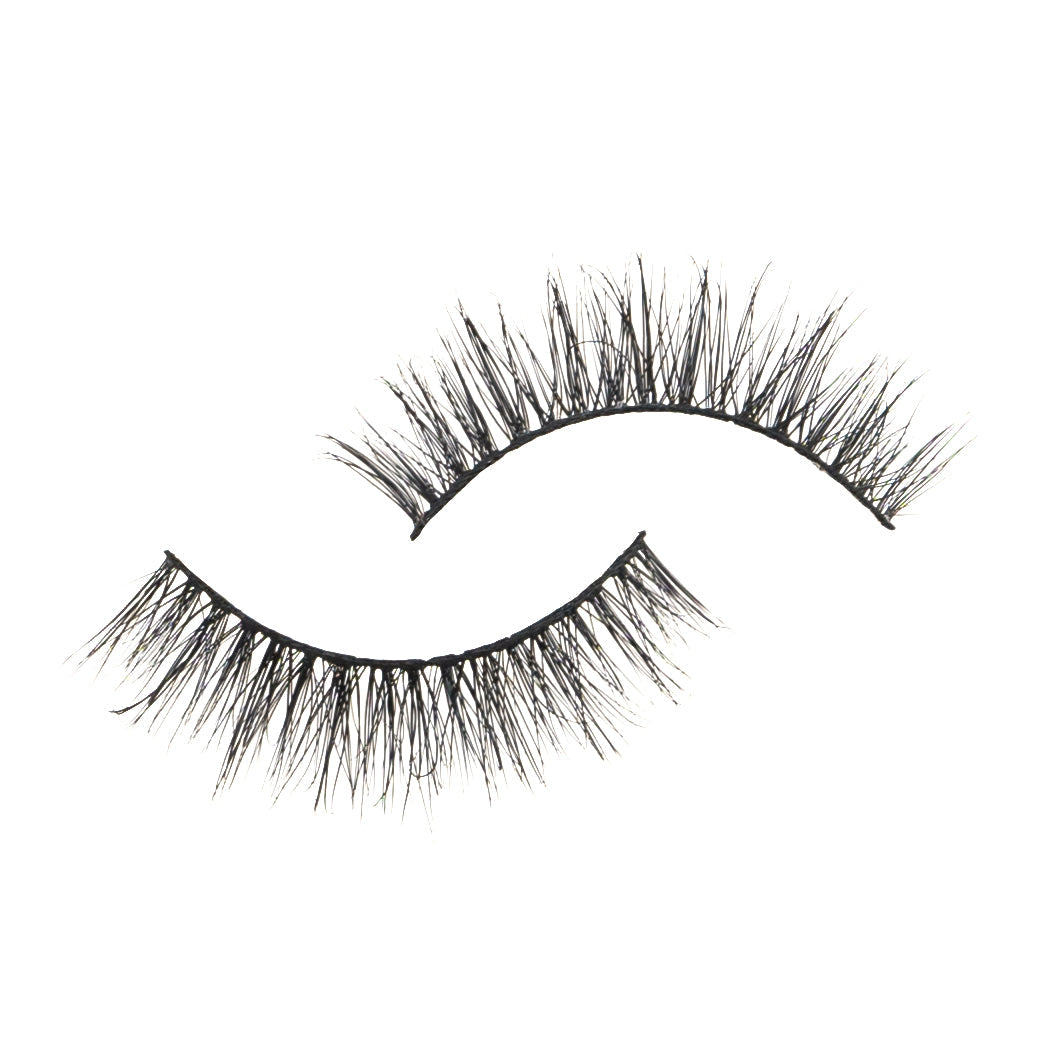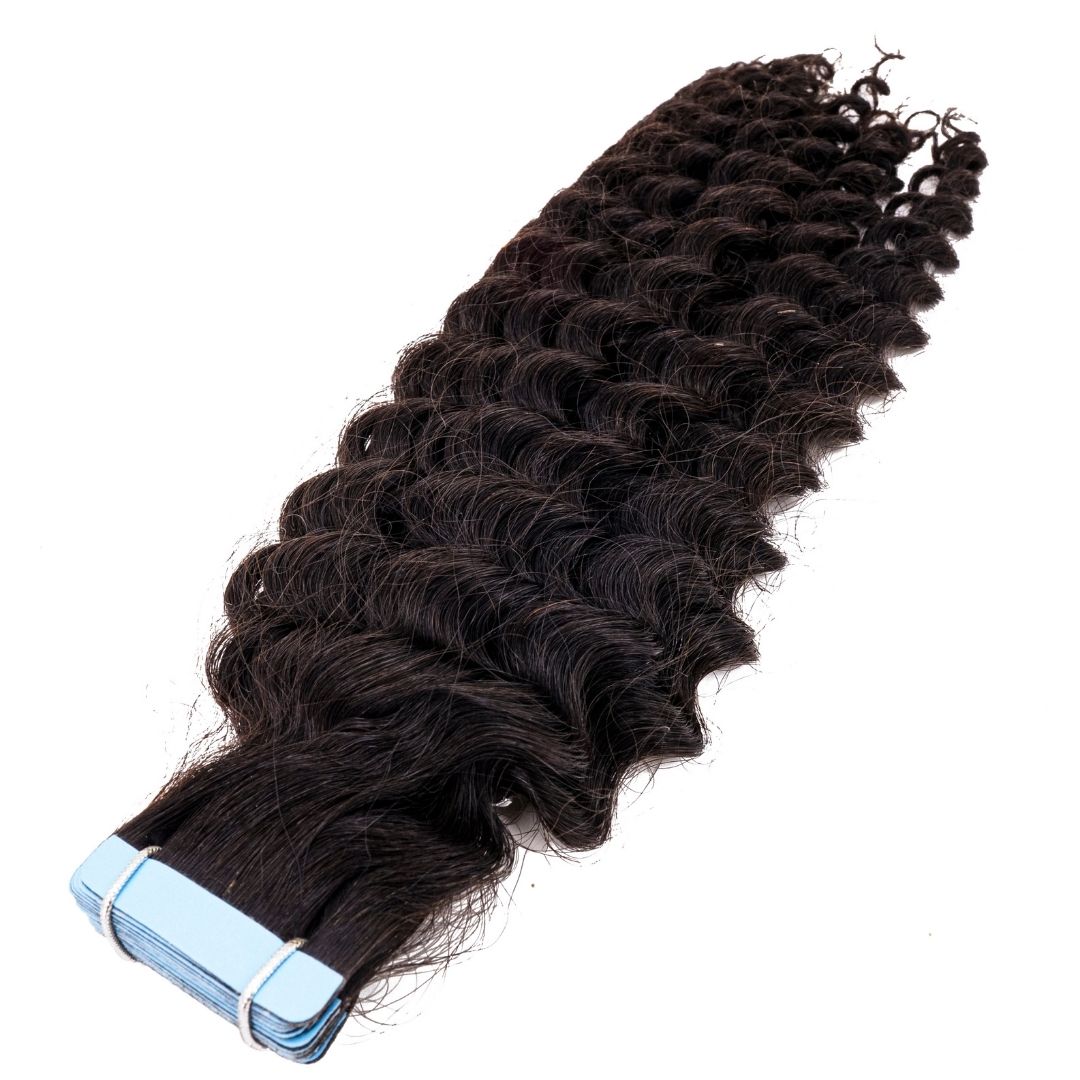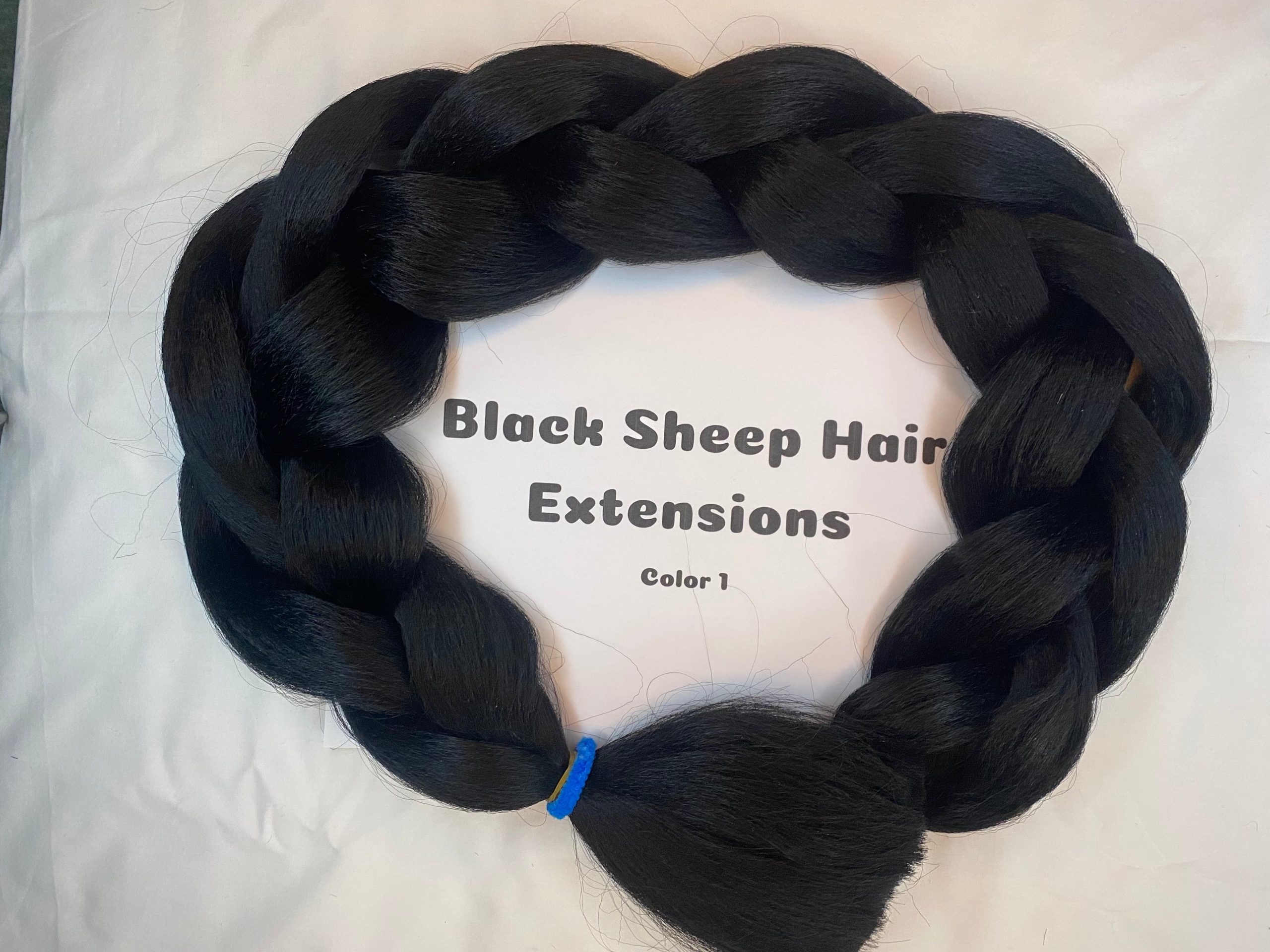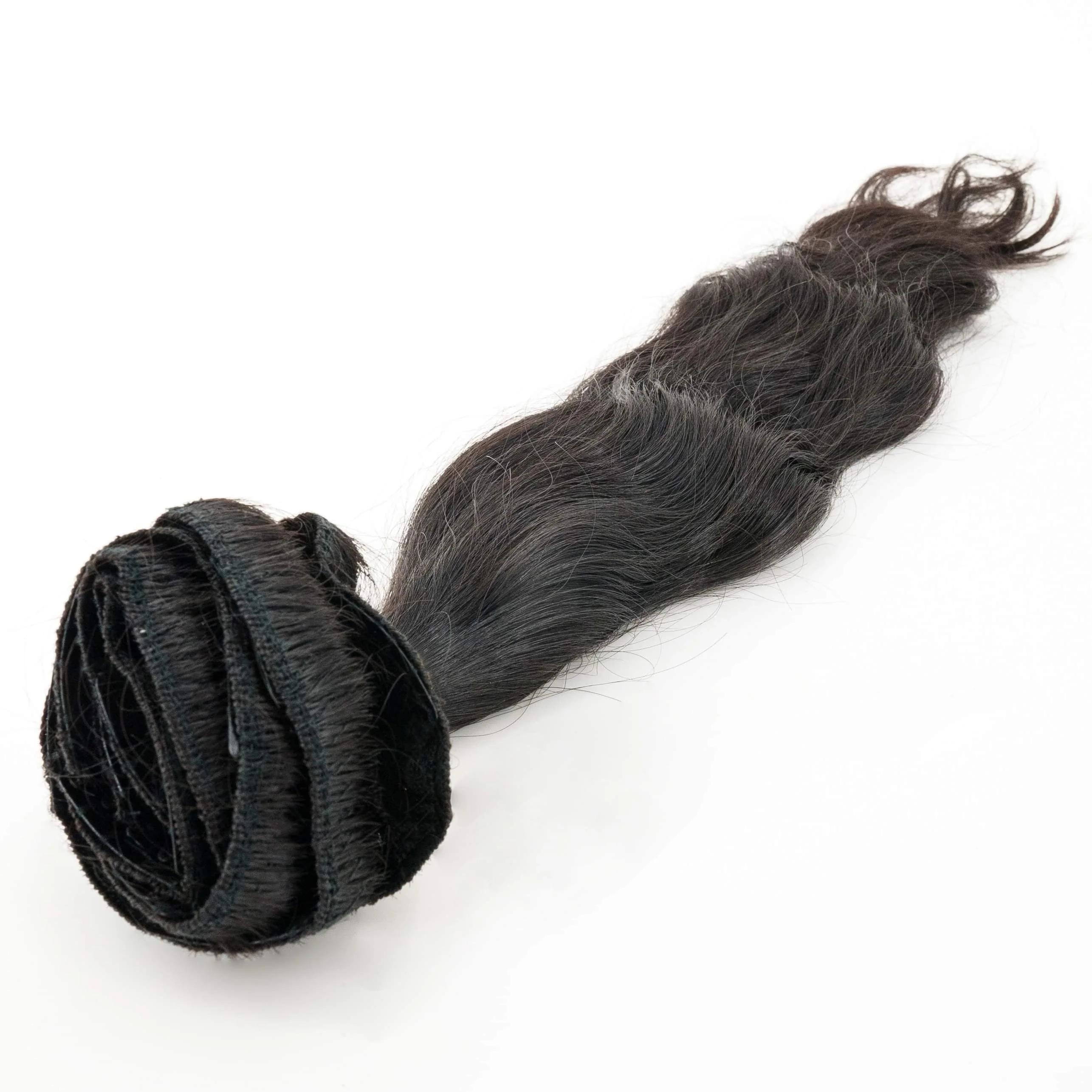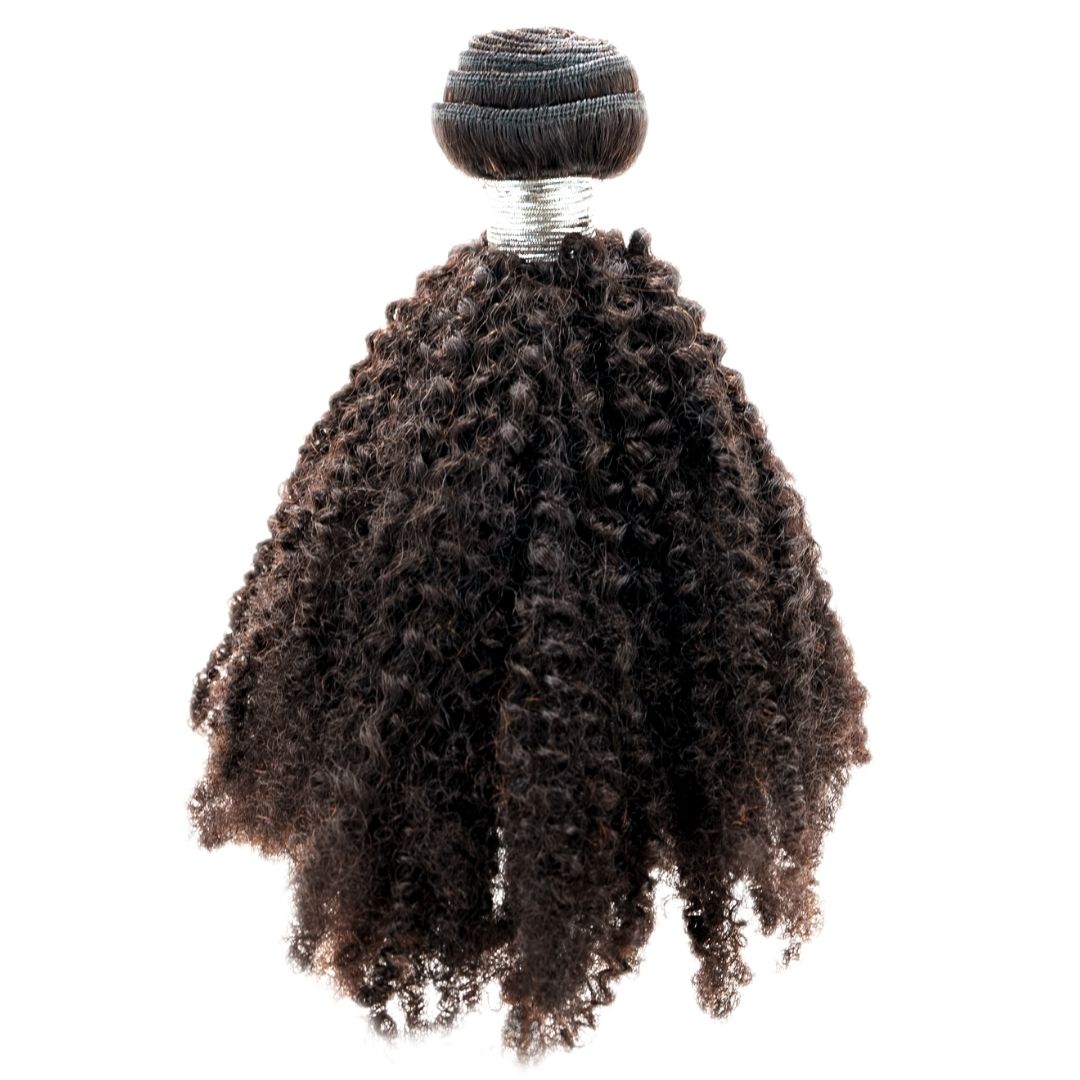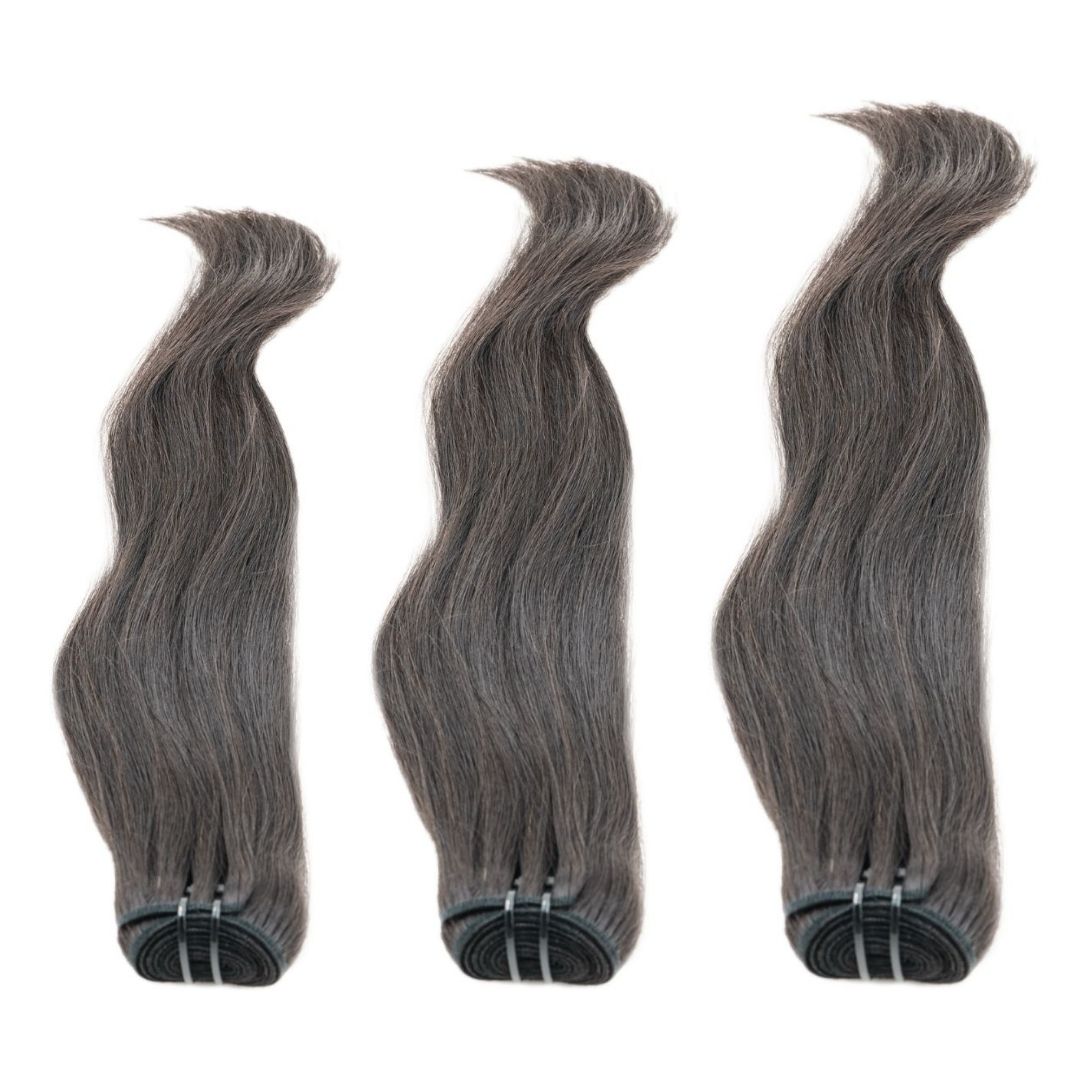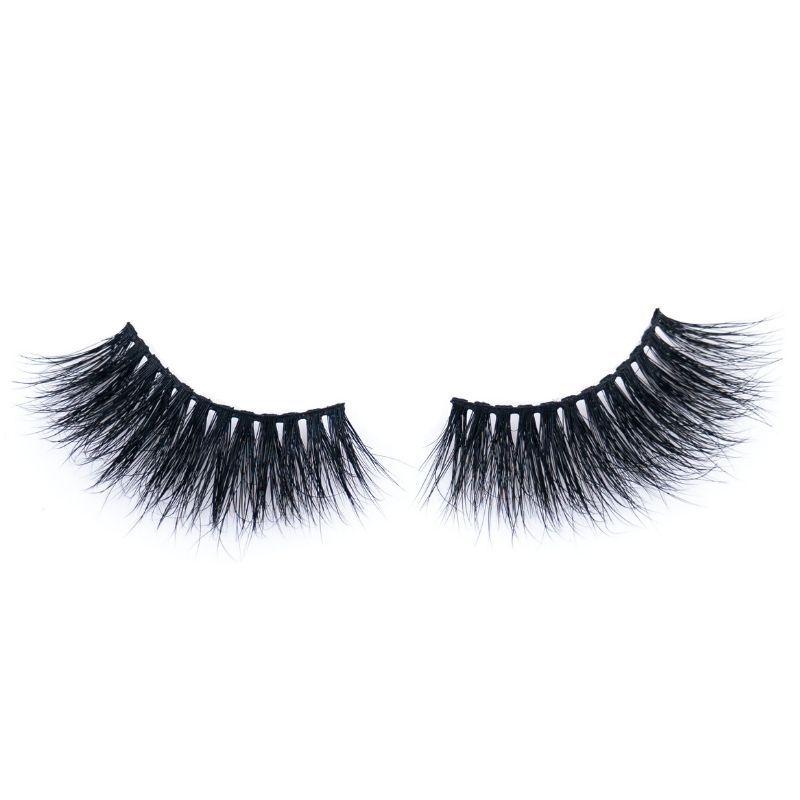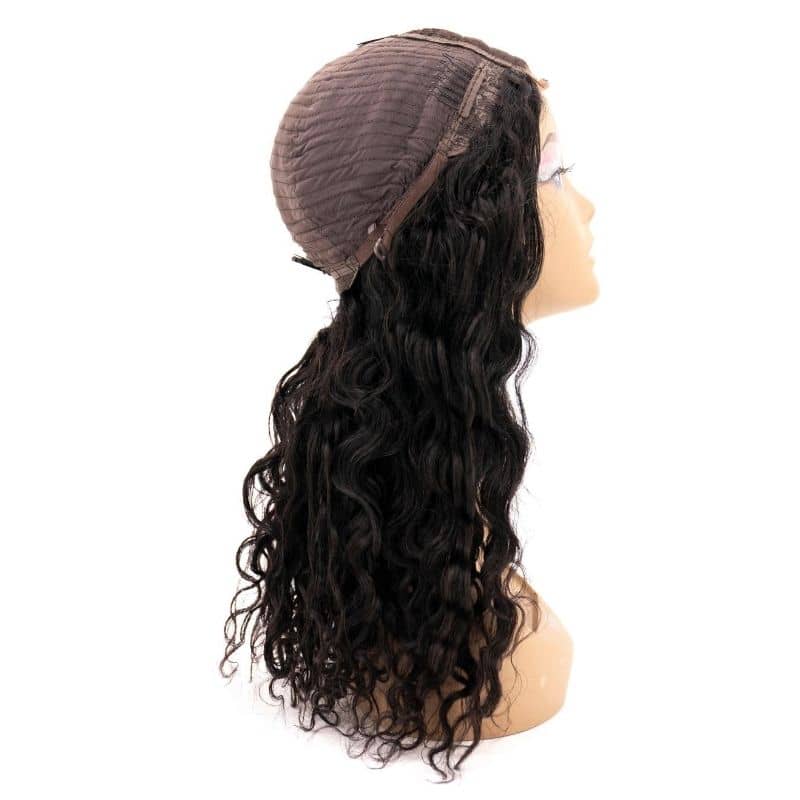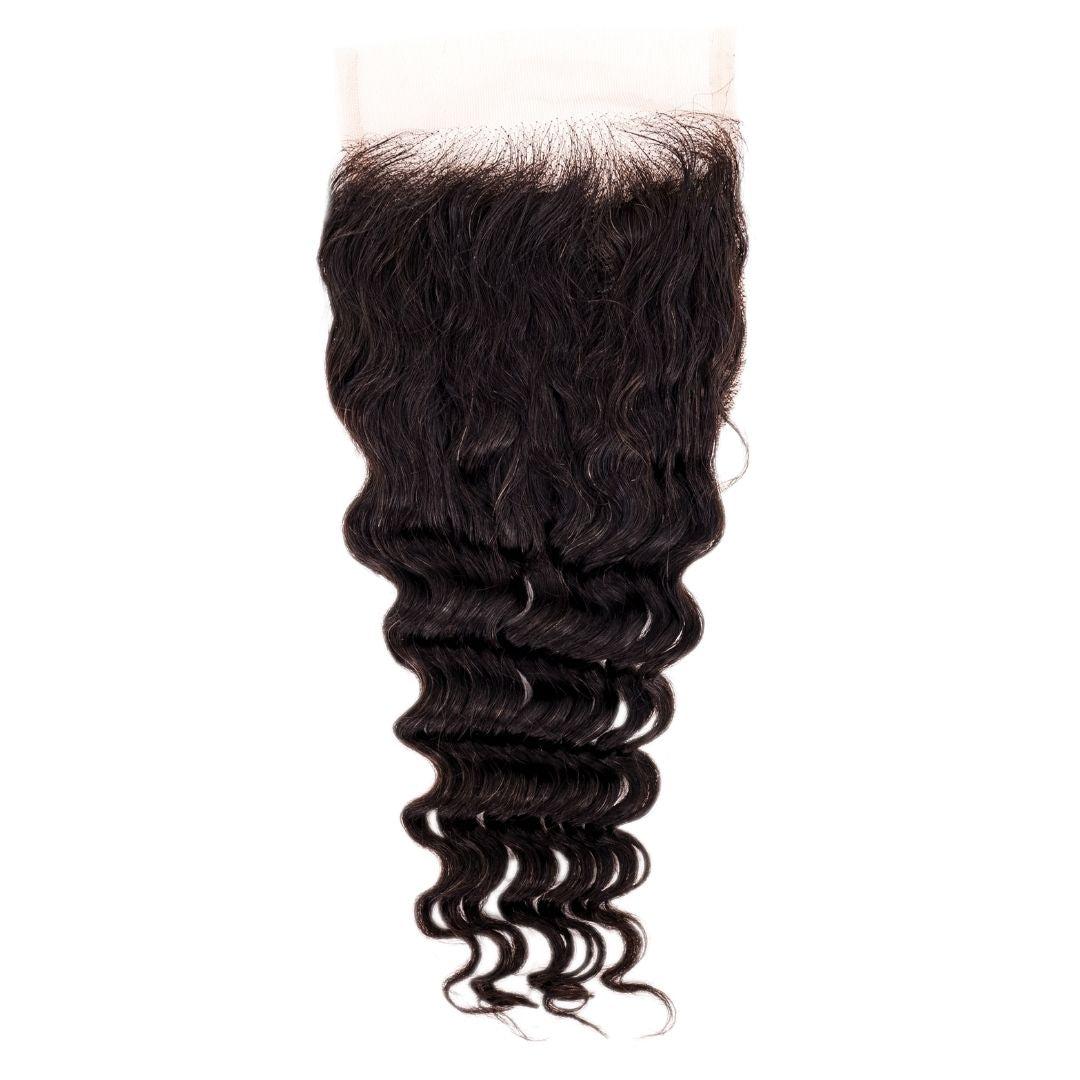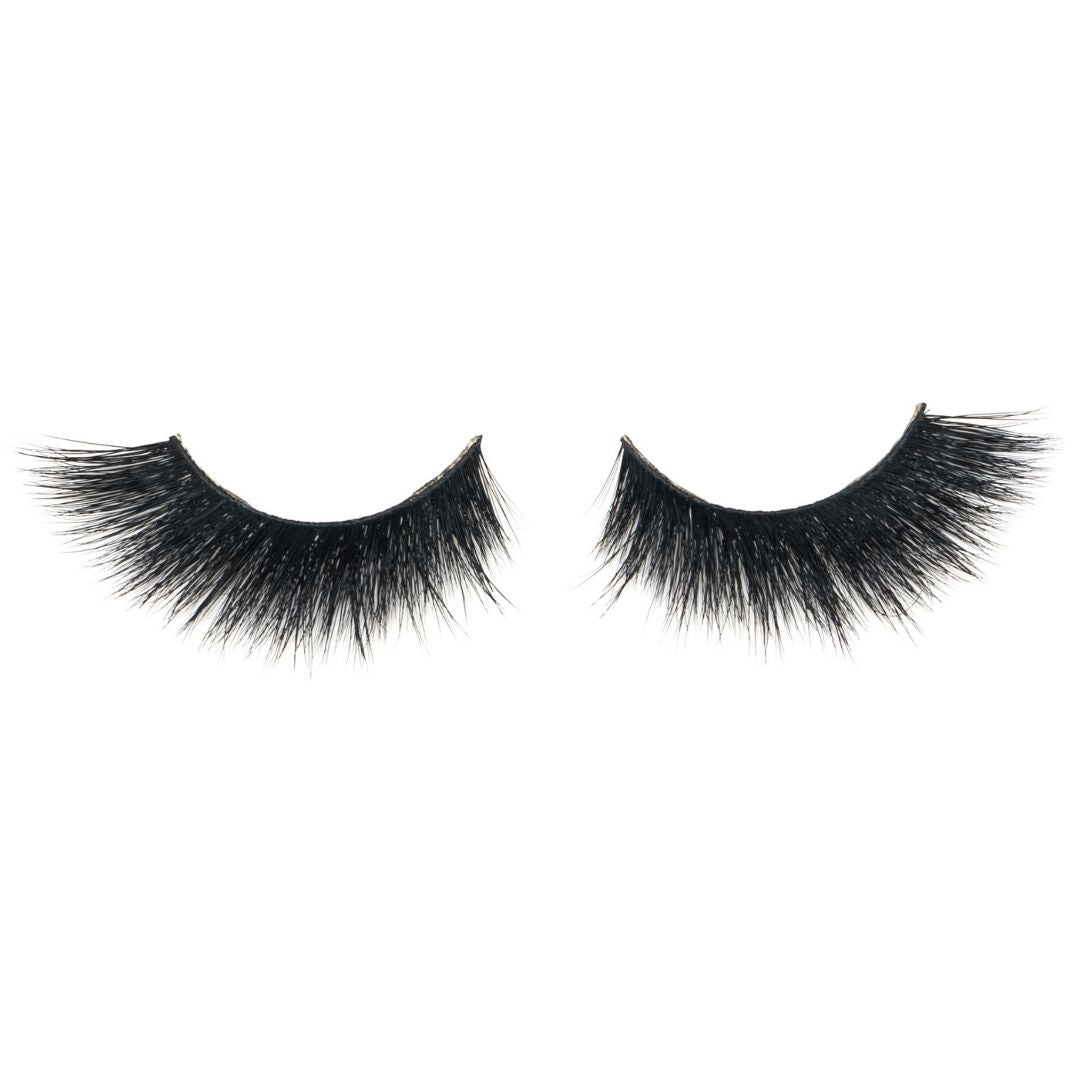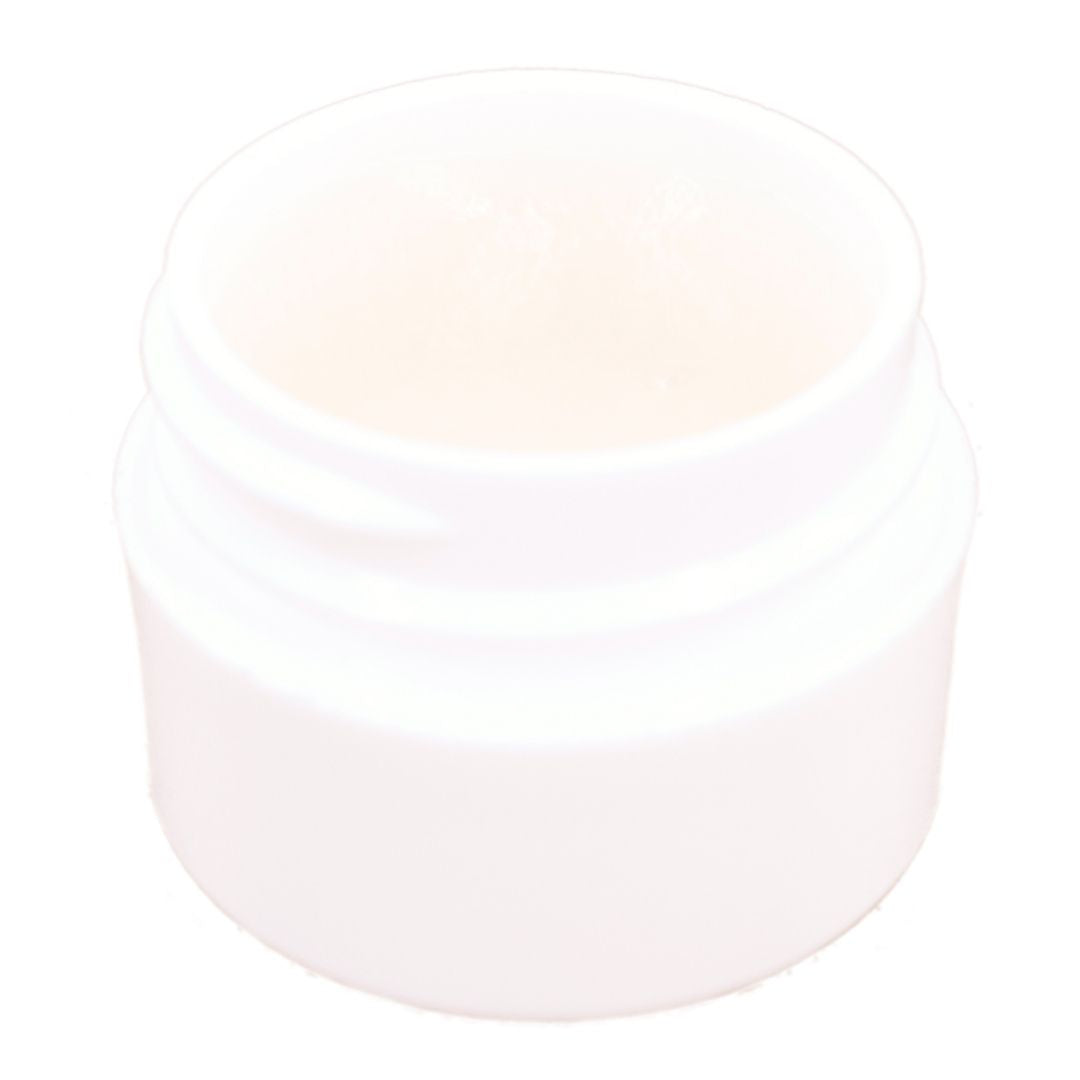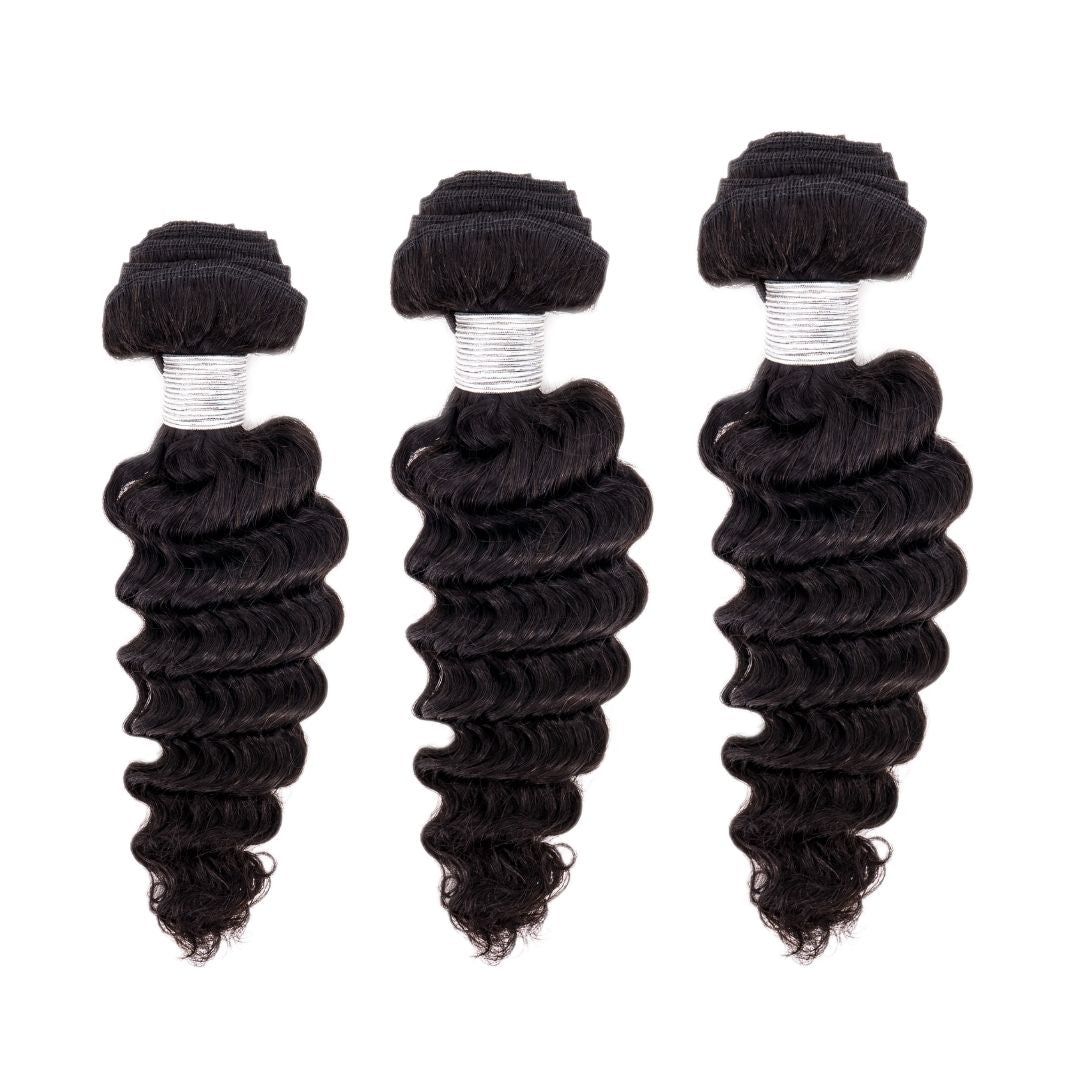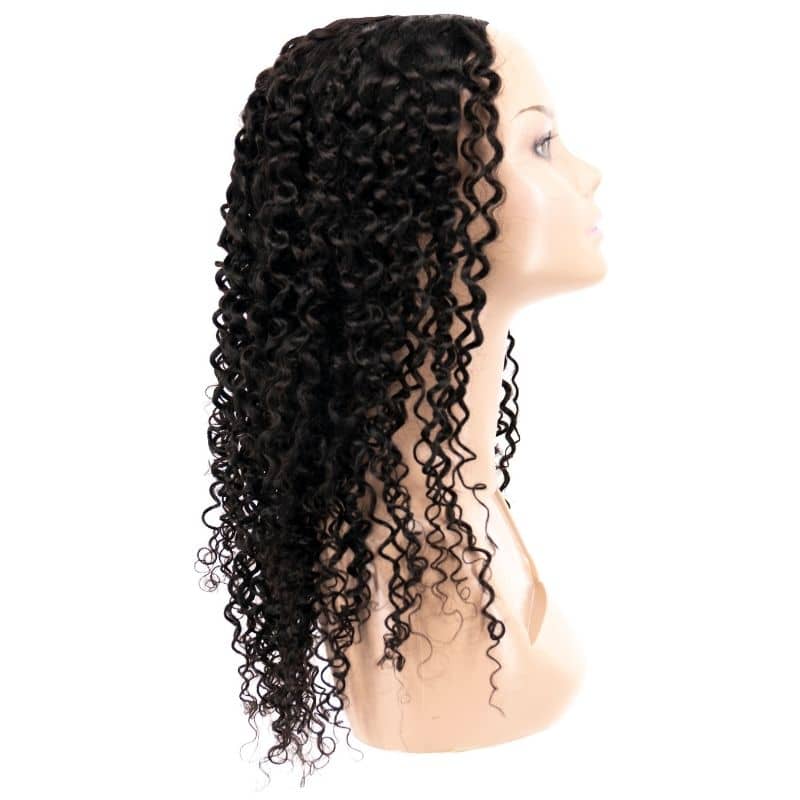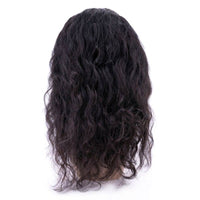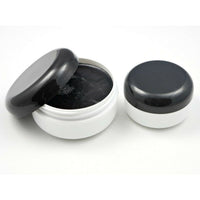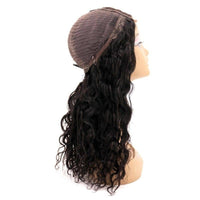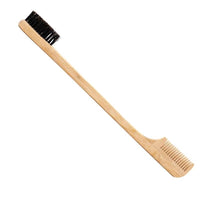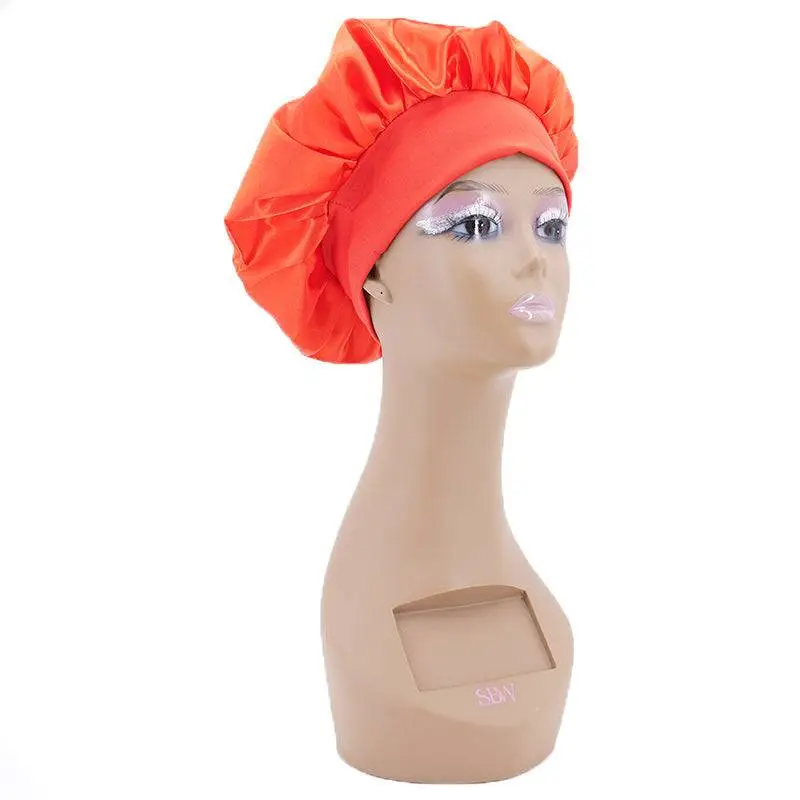Brazilian Bounce
X-pression Pre-Stretched
Brazilian Curlylicious
Berlin 3D Mink Lashes
CurlCrown Tape-In Extensions
Add a dash of Brazilian flavor to your ‘do with these luxurious Afro Kinky hair extensions! Boasting 100 grams of VIRGIN HAIR and machine double stitch wefts so seamless you’ll barely feel them
Experience the difference with Outre x-pression pre stretched braiding hair. This Outre Pre stretched braiding hair, pre-layered hair provides you with the quickest install, easy to braid and manage, ultra lightweight and tangle-free for a fuss-free experience
Brazilian Kinky Curly Hair Extensions are full length with a slight wave style that can also be curled, straightened and colored to achieve your desired look.
These lashes are 100% Mink and 100% Hand Crafted. Created With Double and Triple Layered
Our tape-in extensions are made from the finest quality virgin hair in the market. We use 100% human hair, and they can professionally lift up to a #27 Honey Blonde for coloring.
Choose Your Style Baby!
-
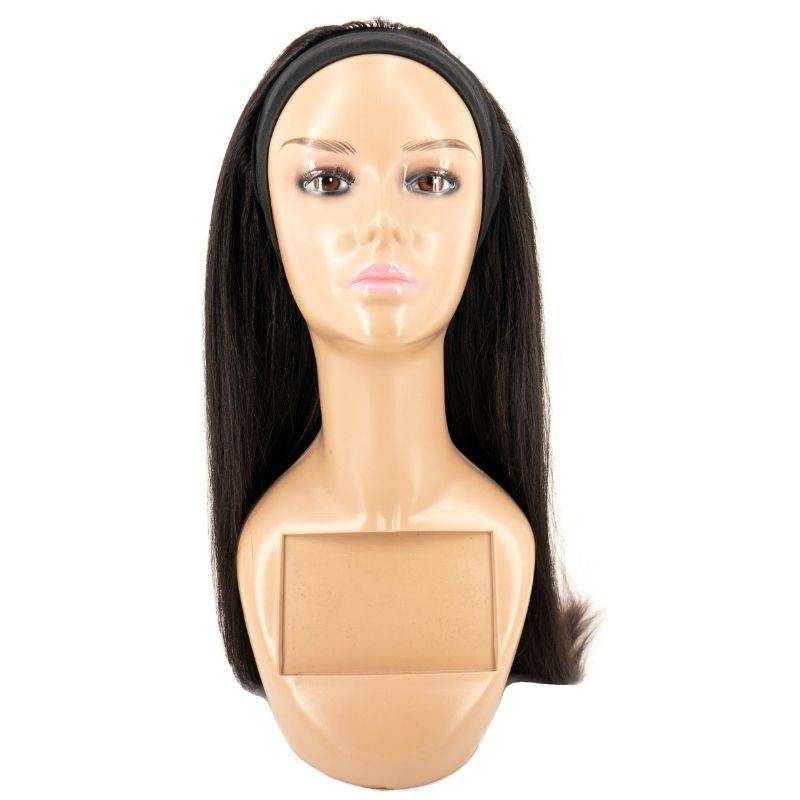 Rated 0 out of 5
Rated 0 out of 5- Select options This product has multiple variants. The options may be chosen on the product page
-
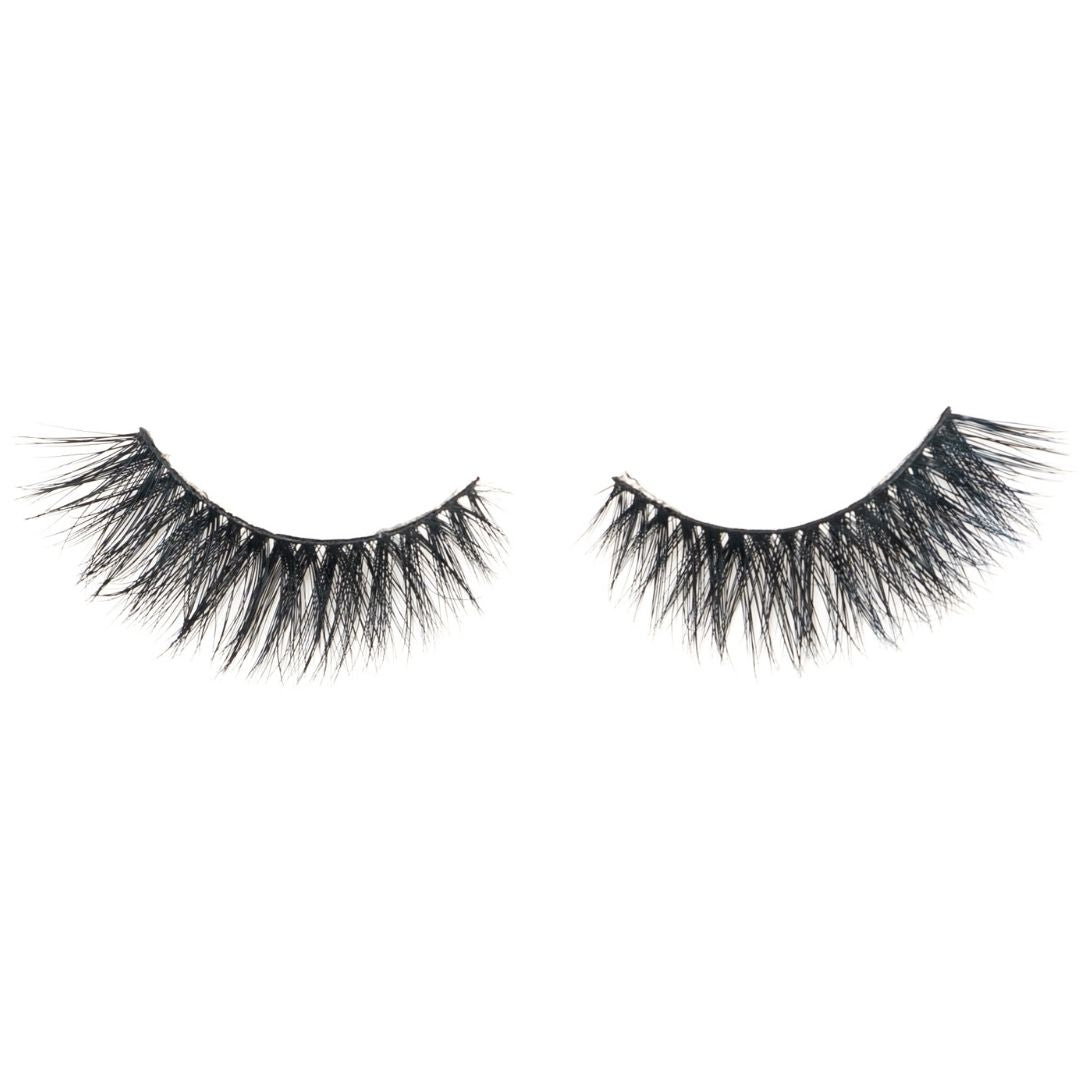
-
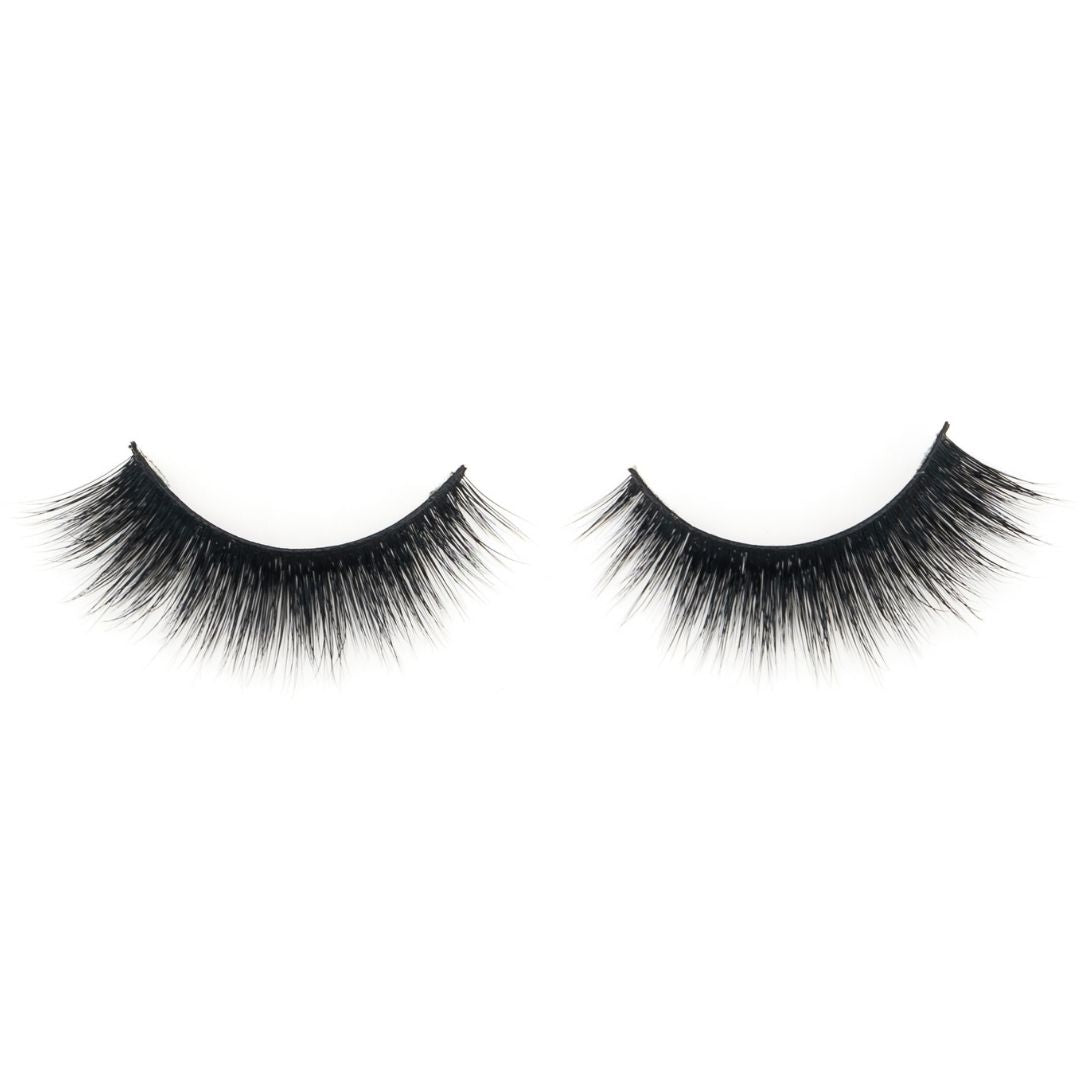
-
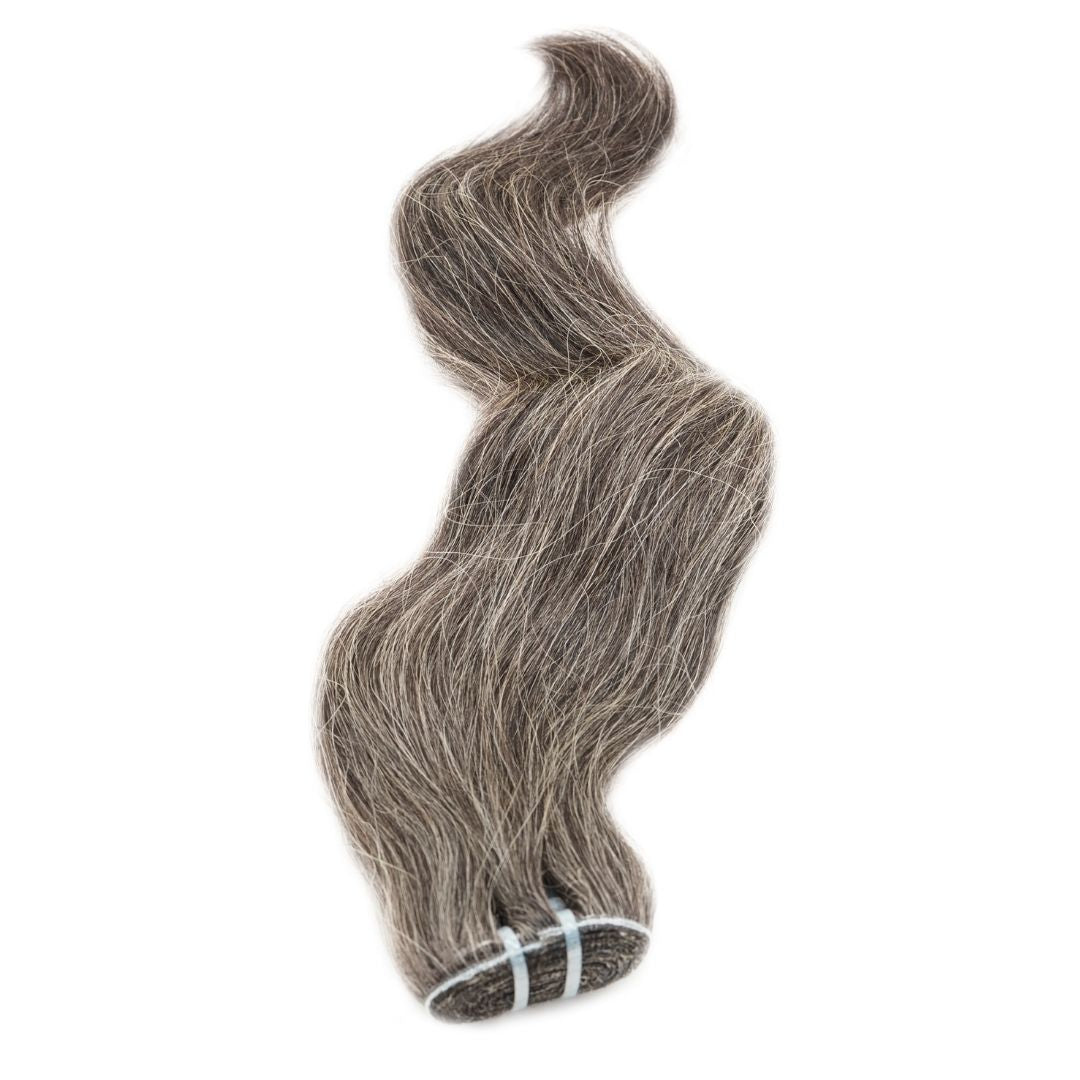 Rated 0 out of 5
Rated 0 out of 5- Select options This product has multiple variants. The options may be chosen on the product page


Get To Know Us
We believe you are a priority.
At Black Sheep Hair Extensions, we provide our customers with the best quality products on the market, so they can have a look they love. Our hair extensions are made with the highest quality materials, so they last and look great. We also provide a wide range of product and services such as styling, coloring and more, so you can have the perfect look.


Slay The Party Baby
-
Rated 0 out of 5
-
Rated 0 out of 5
-
Rated 0 out of 5
-
Rated 0 out of 5
-
Rated 0 out of 5
-
Rated 0 out of 5
-
Rated 0 out of 5
-
Rated 0 out of 5
-
Rated 0 out of 5
-
Rated 0 out of 5
-
Rated 0 out of 5
-
Rated 0 out of 5
-
Rated 0 out of 5
-
Rated 0 out of 5
-
Rated 0 out of 5
-
Rated 0 out of 5
-
Rated 0 out of 5
-
Rated 0 out of 5
-
Rated 0 out of 5
-
Rated 0 out of 5
Get The Look With Our Sleek Extensions
Elevate your style with our premium hair extensions! Get the perfect blend of length, volume, and texture for any occasion. Made from high-quality materials for a natural, flawless look. Easy to install and maintain, so you can shine every day. Get the look you deserve—shop now!
Loved by Thousands
Loved by Thousands
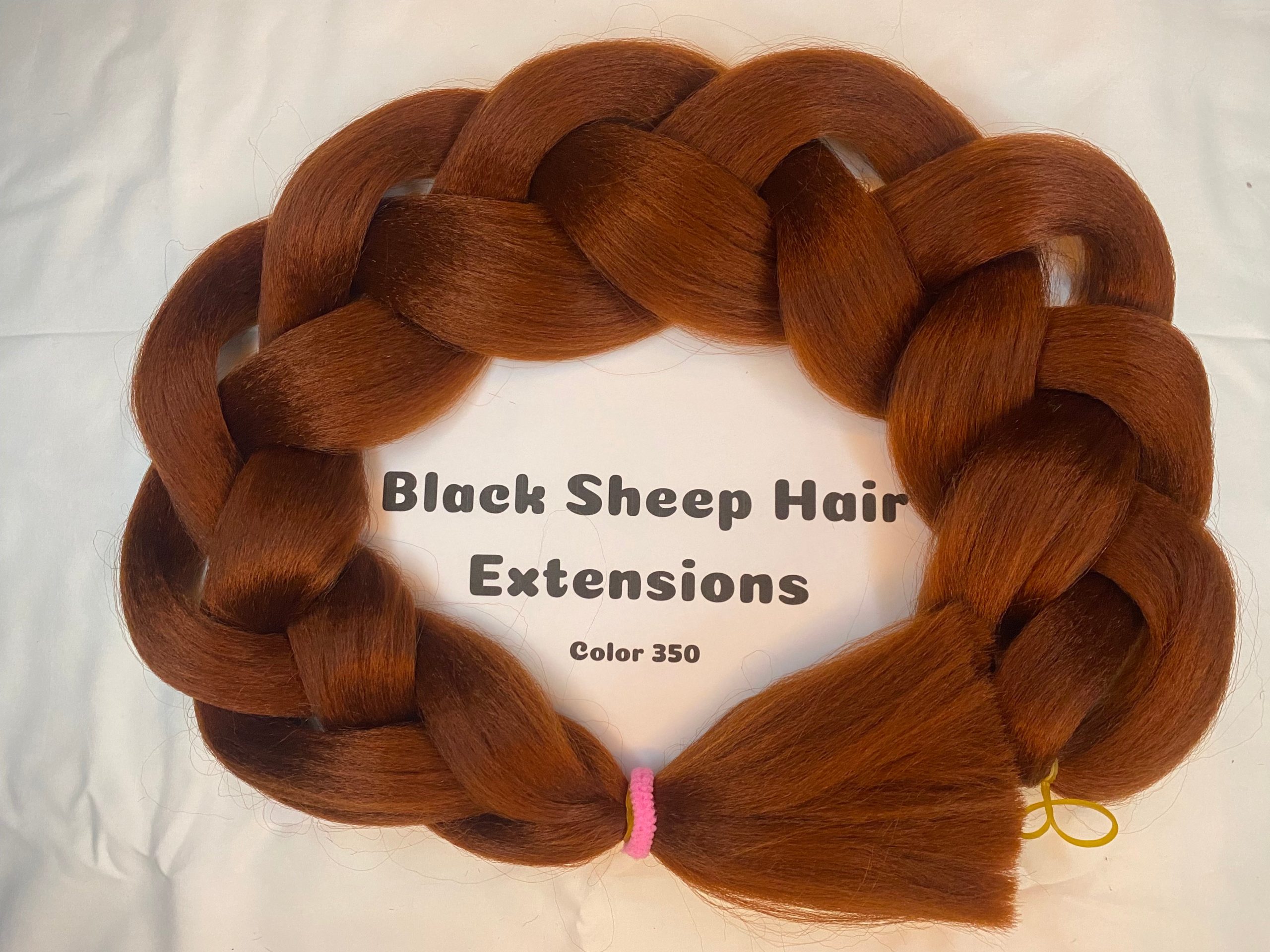

Check Out Our Newest Arrivals
Unveiling our newest arrivals! Get ready to slay the party with stunning styles that’ll have all eyes on you. Elevate your look with fresh, trendy pieces designed to turn heads. Don’t miss out—shop now and own the night!
Our Mission
Our mission is to inspire beauty in every moment. We believe that confidence, abundance, and playfulness can be embraced through even the simplest things. Beautiful hair is just the beginning of this journey.
Testimonials
See What Our Happy Customers Say

- List Item #1
- List Item #1
- List Item #1
- List Item #1
- List Item #1
I was a bit skeptical at first because of the price, but after trying Black Sheep, I am hooked. The extensions are super soft and lightweight, and they blend in with my natural hair seamlessly. I’ve tried a few other brands, but nothing compares to these. Totally recommend!
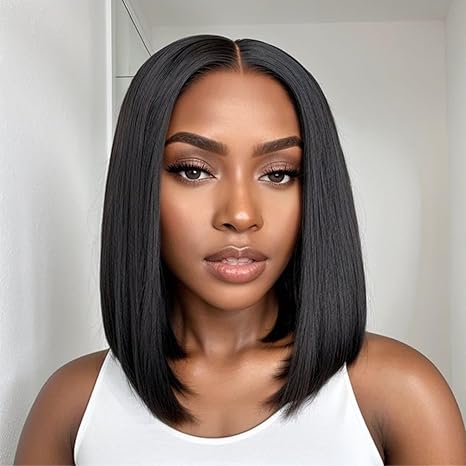
MIA
- List Item #1
- List Item #1
- List Item #1
- List Item #1
- List Item #1
I have really thick hair, and finding extensions that can hold up has always been difficult. These clip-ins from Black Sheep are perfect! They add length and volume without looking bulky. They stay in place all day, and the clips are comfortable. Worth the investment!
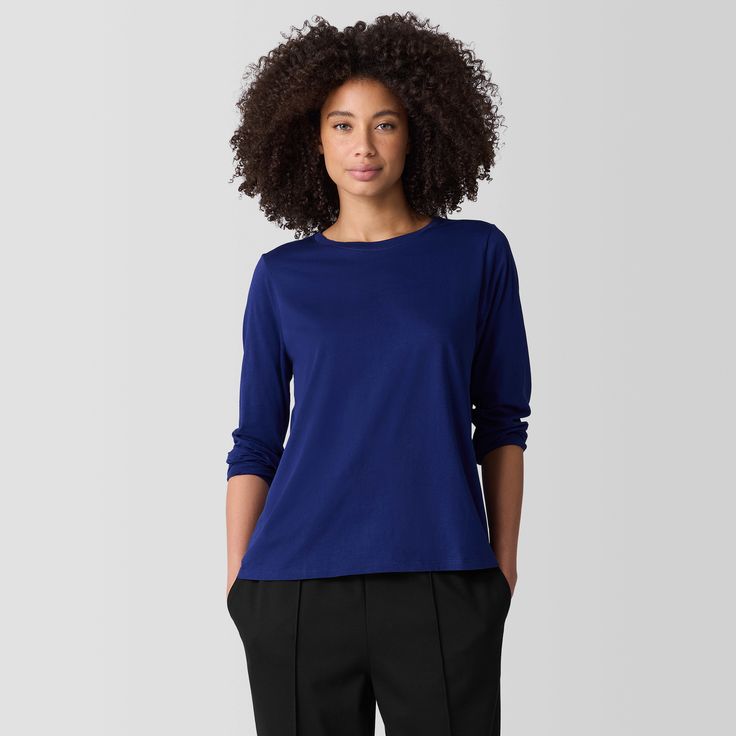
Ava W
- List Item #1
- List Item #1
- List Item #1
- List Item #1
- List Item #1
I’ve tried a few different brands of extensions, but Black Sheep’s are by far the best. The hair is silky and smooth, and I can wear them all day without any discomfort. The color match was perfect, and they feel like my natural hair. I can’t recommend them enough!
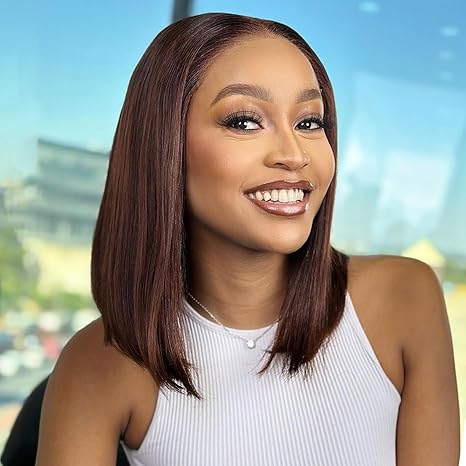
Chloe S
Industry Awards:




Why Choose Us
Premiu Quality Extensions
A short description of the benefit.
Free Shipping
A short description of the benefit.
Low Shredding
A short description of the benefit.
Seemless Shopping Experience
A short description of the benefit.
